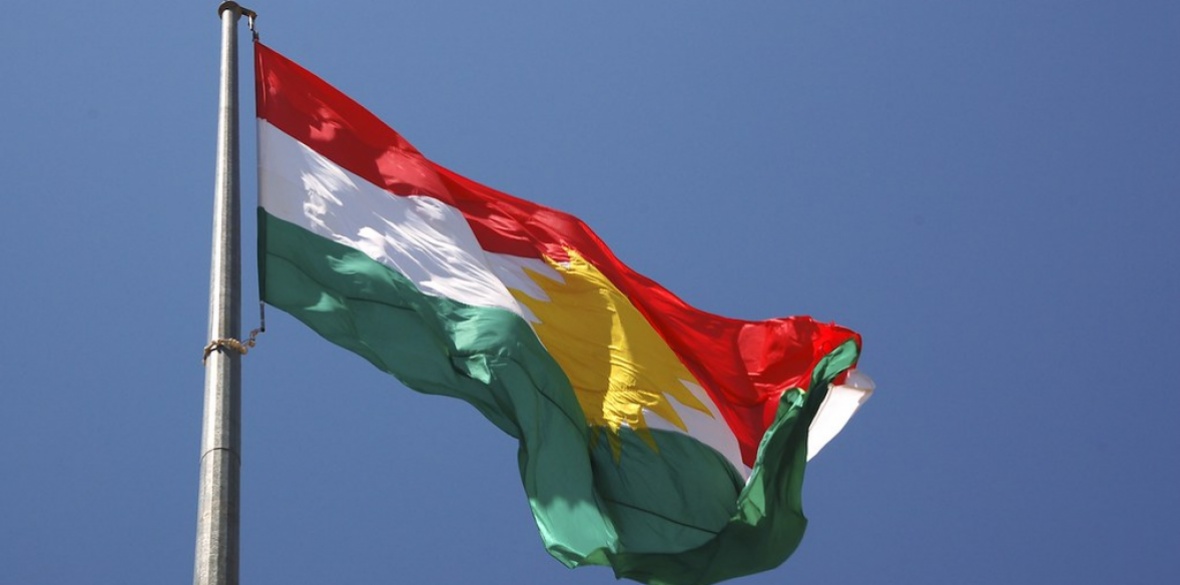This is the last article you can read this month
You can read more article this month
You can read more articles this month
Sorry your limit is up for this month
Reset on:
Please help support the Morning Star by subscribing here
STUDENT refugees from the occupied Afrin region joined protests in northern Syria today against plans to stop lessons being taught in the Kurdish language, warning of attempts to eradicate their culture as part of education reforms.
Hundreds took part in the demonstrations in Shahba canton organised by the Afrin Democratic Education Committee in opposition to a demand made by the Kurdish National Council in Syria (Enks) to revert to the pre-2011 system.
This would see the scrapping of the Kurdish education system established in the semi-autonomous region known as Rojava in northern Syria, which is run along democratic lines with lessons taught in the Kurdish mother tongue.
Enks insists that schools in the region should use Syrian education material instead of teaching in Kurdish in a bid to aid intra-Kurdish unity talks.
But Afrin Democratic Education Committee spokesman Silan Ala said: “Thousands of students are receiving Kurdish language education today thanks to the sacrifices made so far. This is a legitimate right that cannot ever be denied.”
Hundreds of students and their families are staying in the Berxwedan refugee camp in Shahba after being forced out of their homes during the Turkish invasion and occupation of Afrin that started in January 2018.
Turkish forces and their jihadist allies have occupied the region since, with as many as 300,000, mainly Kurdish, people internally displaced.
Syrian Kurds have warned of an ethnic cleansing operation, with demographic changes being forced on the region. Classes in the region are now taught in the Turkish language and many fly the Turkish flag from their buildings.
Enks is sympathetic to neighbouring Iraq’s Kurdistan Democratic Party (KDP), which is dominated by the influential Barzani clan, known for its close links to Turkish and US authorities.
Kurdish officials told the Morning Star during a recent visit to Iraqi Kurdistan that Enks was being promoted in the region as an alternative to the Democratic Union Party (PYD), which is deemed to be politically close to the banned Kurdistan Workers Party (PKK).
US officials want to weaken the influence of the PKK in the region, in particular the ideology of its jailed leader Abdullah Ocalan, “democratic federalism.” Forming the political model for the autonomous Kurdish region of Rojava, it has met hostility from the US.
Leading PYD official official Aldar Khalil said the “Kurdish language is our identity and existence,” stressing the political importance of education in the mother tongue, which was one of the main gains of the Rojava revolution.










